Genre Poetry. Page - 2
No registration or authorisation! And it is all for free!

yours: In the day of Armageddon, at the last great fight of all, That Our House stand together and the pillars do not fall. Draw now the three-fold knot firm on the nine-fold bands, And the Law that ye make shall be law after the rule of your lands. This for the waxen Heath, and that for the Wattle-bloom, This for the Maple-leaf, and that for the southern Broom. The Law that ye make shall be law and I do not press my will, Because ye are Sons of The Blood and call me Mother still. Now must ye
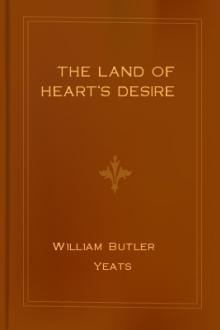
ould never please a high-born child like you. THE CHILD. Old mother, my old mother, the green dawn Brightens above while you blow up the fire; And evening finds you spreading the white cloth. The young may lie in bed and dream and hope, But you work on because your heart is old. BRIDGET BRUIN. The young are idle. THE CHILD. Old father, you are wise, And all the years have gathered in your heart To whisper of the wonders that are gone. The young must sigh through many a dream and hope, But you

eave the farm! Rose. } Rose. If he leaves it, he dies. Edmunds. This base act, proud man, you shall rue. Young Benson. Turn him from the farm! From his home will you cast, The old man who has tilled it for years? Ev'ry tree, ev'ry flower, is linked with the past, And a friend of his childhood appears! Squire. Yes, yes, leave the farm! From his home I will cast The old man who has tilled it for years; Though each tree and flower is linked with the past, And a friend of his childhood appears.

ng his name on the fête day of his patron Saint Miguel, which some biographers have confounded with that of his birthday.We may be forgiven for a few words about Alcala de Henares, since, had it only produced so rare a man as was Cervantes, it would have had sufficient distinction; but it was a town of an eventful historical record. It was destroyed about the year 1000, and rebuilt and possessed by the Moors, was afterwards conquered by Bernardo, Archbishop of Toledo. Three hundred years later
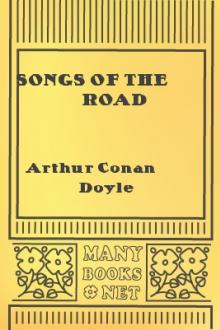
op yourself, young chap,you've got to pay the price, There are many sorts of visions, but none of 'em is nice." They found that day at Leonards Lee and ran to Shipley Wood, 'Ell-for-leather all the way, with scent and weather good. Never a check to 'Orton Beck and on across the Weald, And all the way the Sussex clay was weedin' out the field. There's not a man among them could remember such a run, Straight as a rule to Bramber Pool and on by Annington, They followed still past Breeding
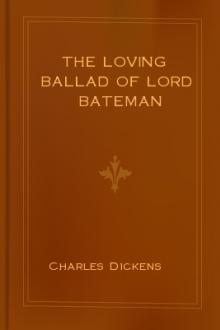
"The Loving Ballad of Lord Bateman" is a poem by Charles Dickens, first published in 1839. The poem tells the story of a wealthy lord who falls in love with a Turkish lady and sets out on a journey to find her. Along the way, Lord Bateman faces numerous challenges, including being captured by pirates and imprisoned. Despite these obstacles, he persists in his quest for his beloved, demonstrating the power of love and determination. The poem is notable for its vivid descriptions, use
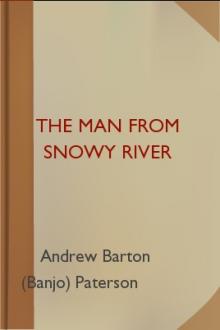
>On Kiley's RunThe roving breezes come and go Frying Pan's Theology Scene: On Monaro. The Two Devines It was shearing-time at the Myall Lake, In the Droving Days Only a pound,' said the auctioneer, Lost He ought to be home,' said the old man, without there's something amiss. Over the Range Little bush maiden, wondering-eyed, Only a Jockey Out in the grey cheerless chill of the morning light, How M'Ginnis Went Missing Let us cease our idle chatter, A Voice from the Town I thought, in the days

th his mother's death all that had vanished. His tragedyof "Cromwell" broke lances upon Royalists and upholders of the stillreigning style of tragedy. The second collection of "Odes" preluding it,showed the spirit of the son of Napoleon's general, rather than of theBourbonist field-marshal. On the occasion, too, of the Duke of Tarentobeing announced at the Austrian Ambassador's ball, February, 1827, asplain "Marshal Macdonald," Victor became the mouthpiece of
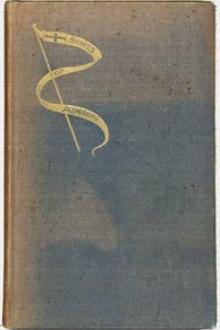
l together To the grey goose-feather And the land where the grey goose flew.What of the mark? Ah, seek it not in England, A bold mark, our old mark Is waiting over-sea. When the strings harp in chorus, And the lion flag is o'er us, It is there that our mark will be. What of the men? The men were bred in England: The bowmen--the yeomen, The lads of dale and fell. Here's to you--and to you! To the hearts that are true And the land where the true hearts dwell. CREMONA [The French Army, including a

surely, afford one of the obvious conditions for theimpulse to art. The hand-clapping and thigh-smiting of primitive savagesin a state of crowd-excitement, the song-and-dance before admiringspectators, the chorus of primitive ballads,--the crowd repeating andaltering the refrains,--the rhythmic song of laboring men and of women attheir weaving, sailors' "chanties," the celebration of funeral rites,religious processional and pageant, are all expressions of communalfeeling, and it is